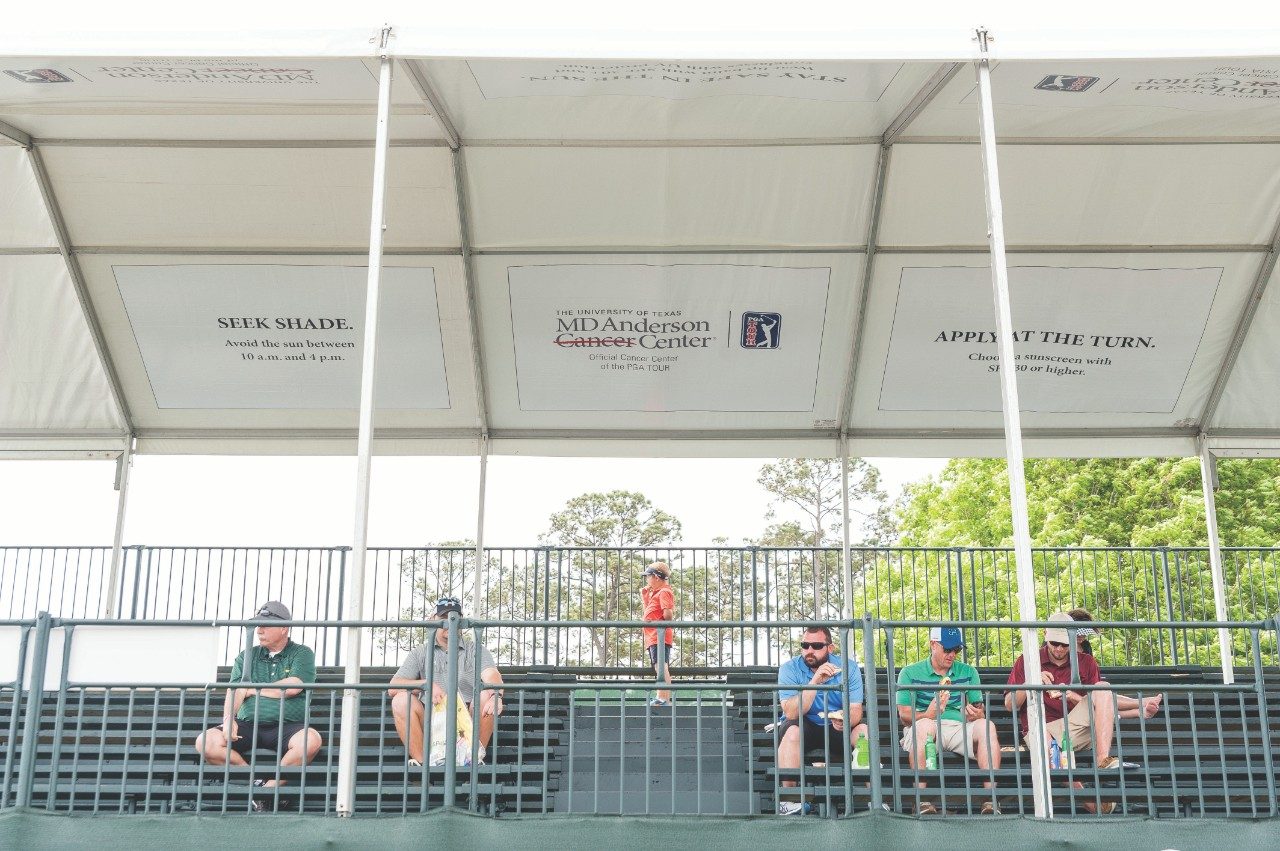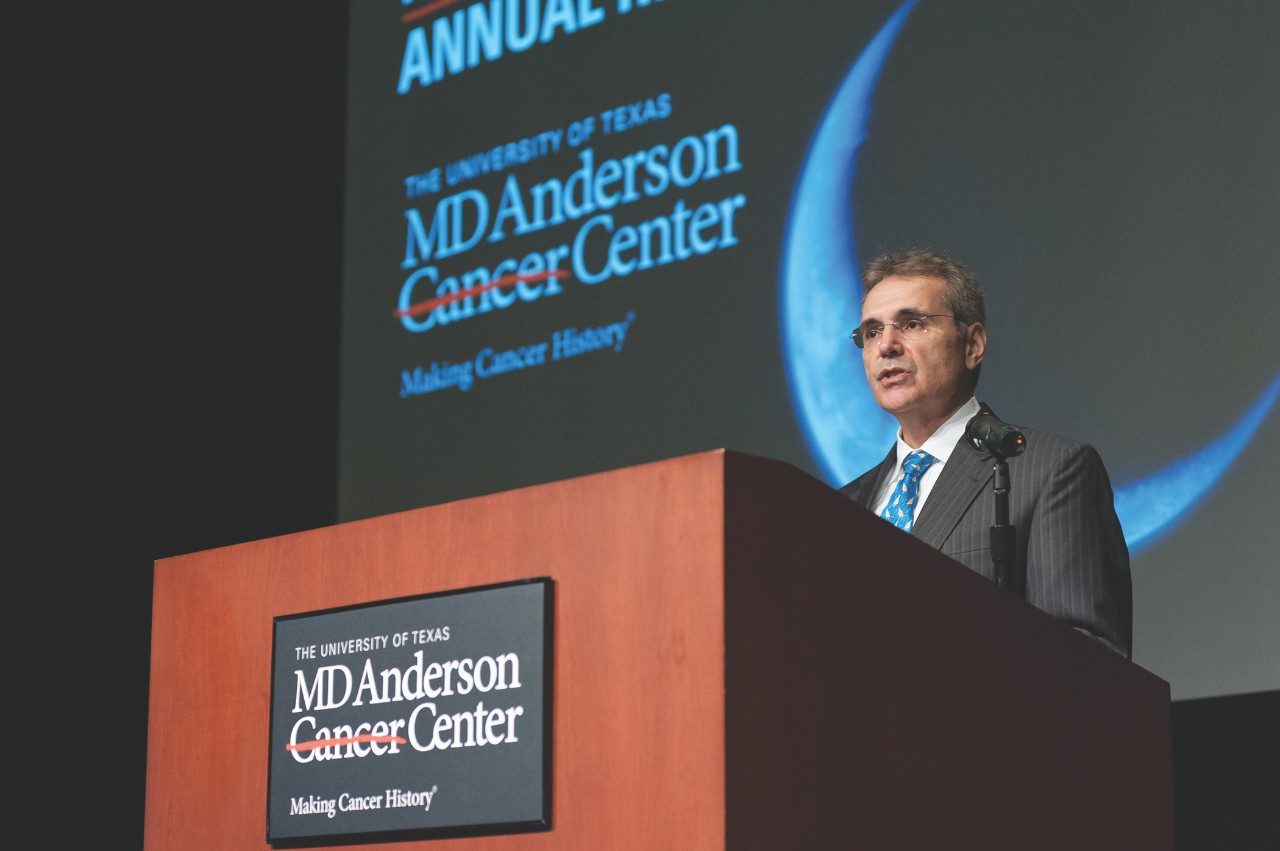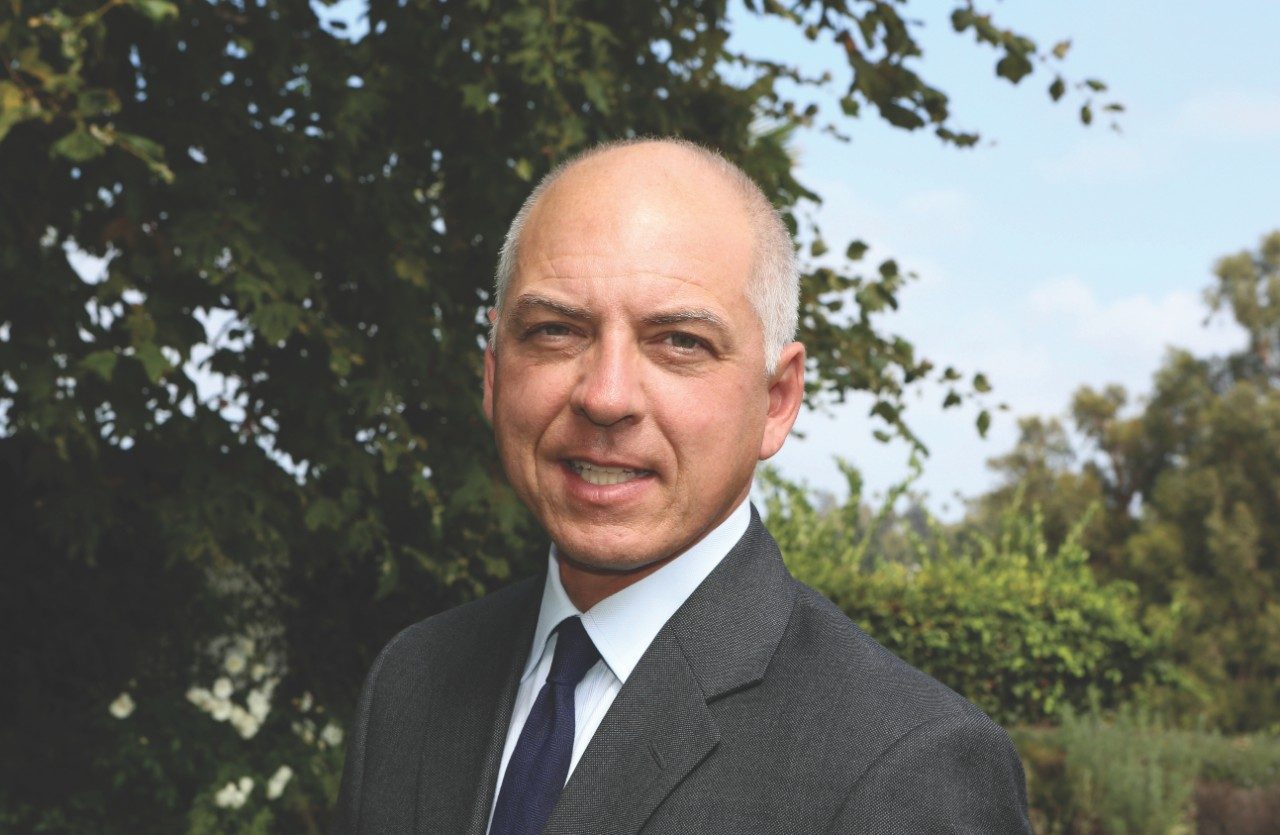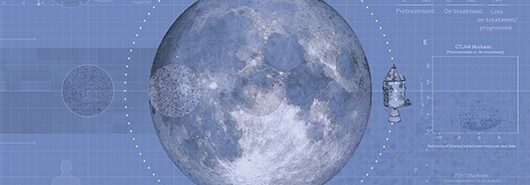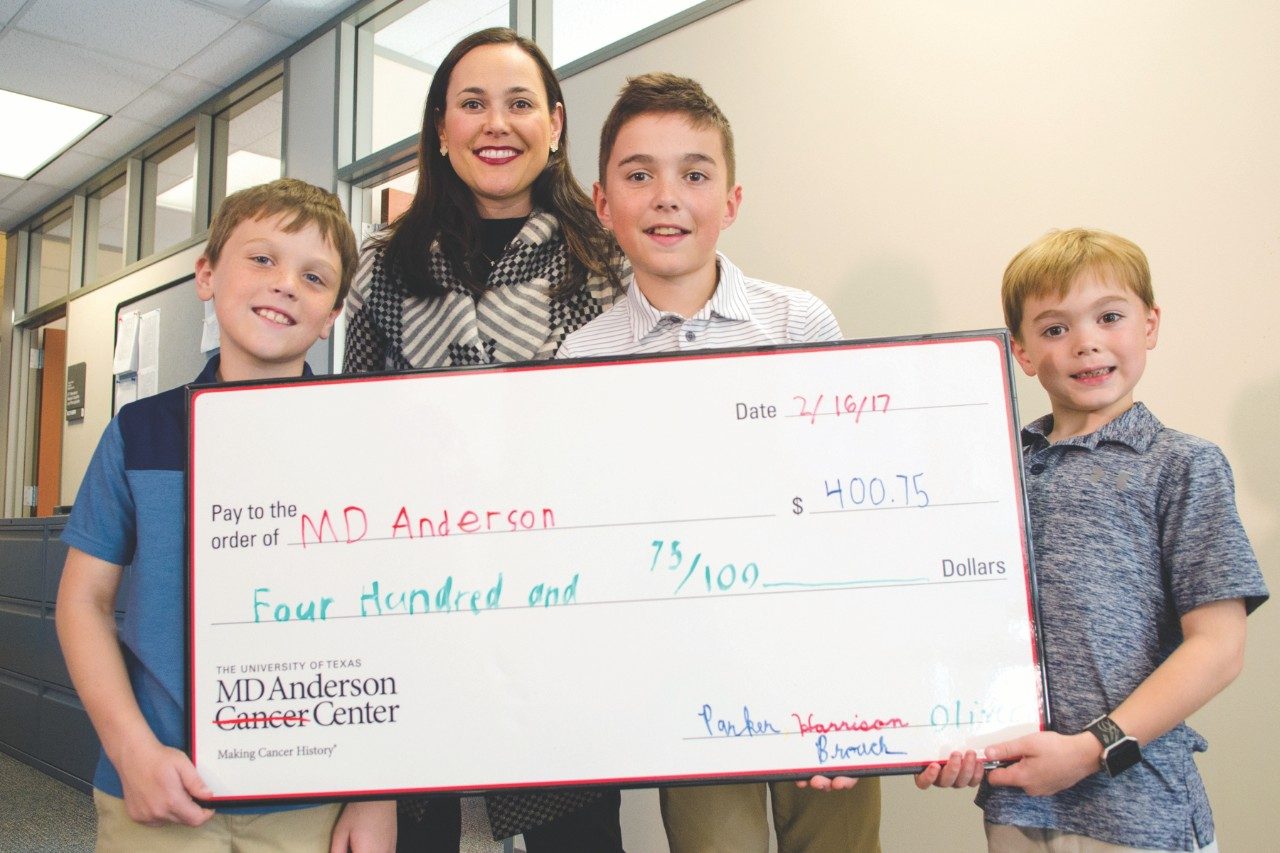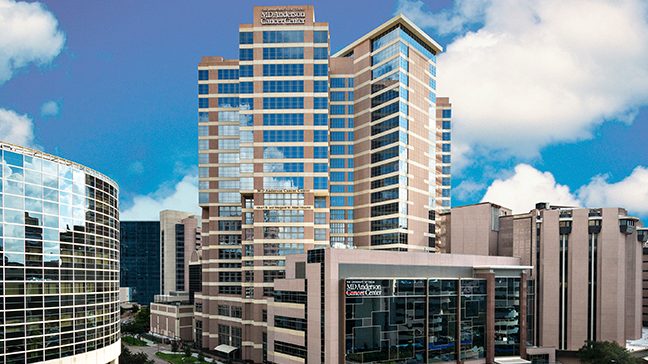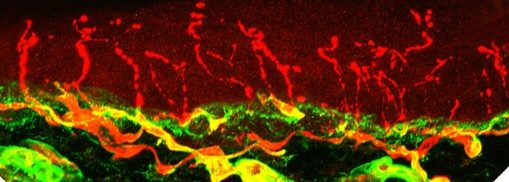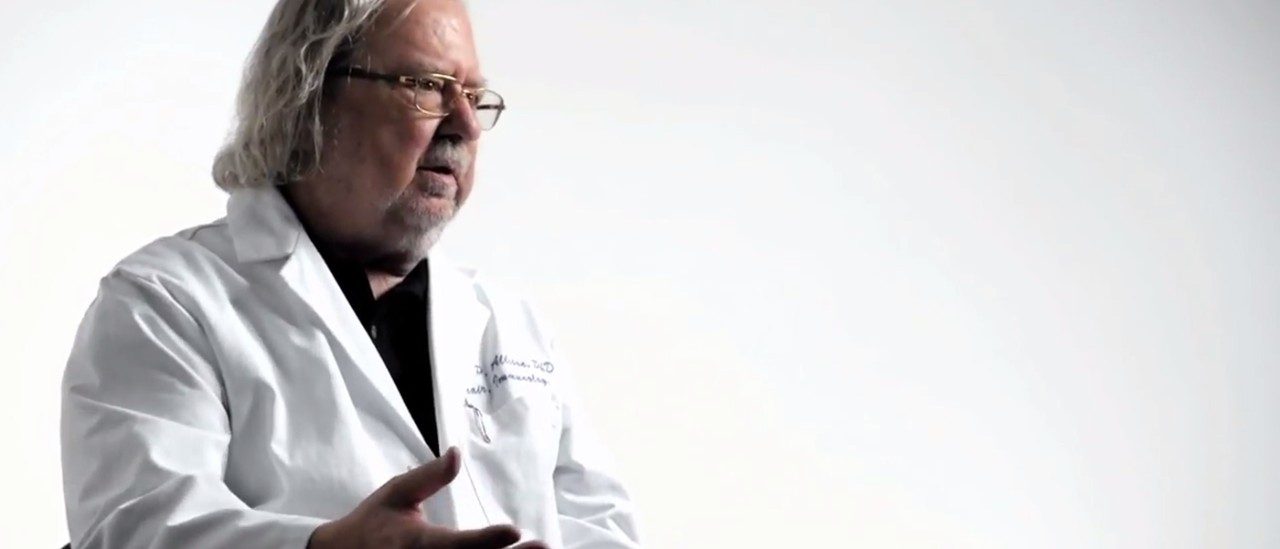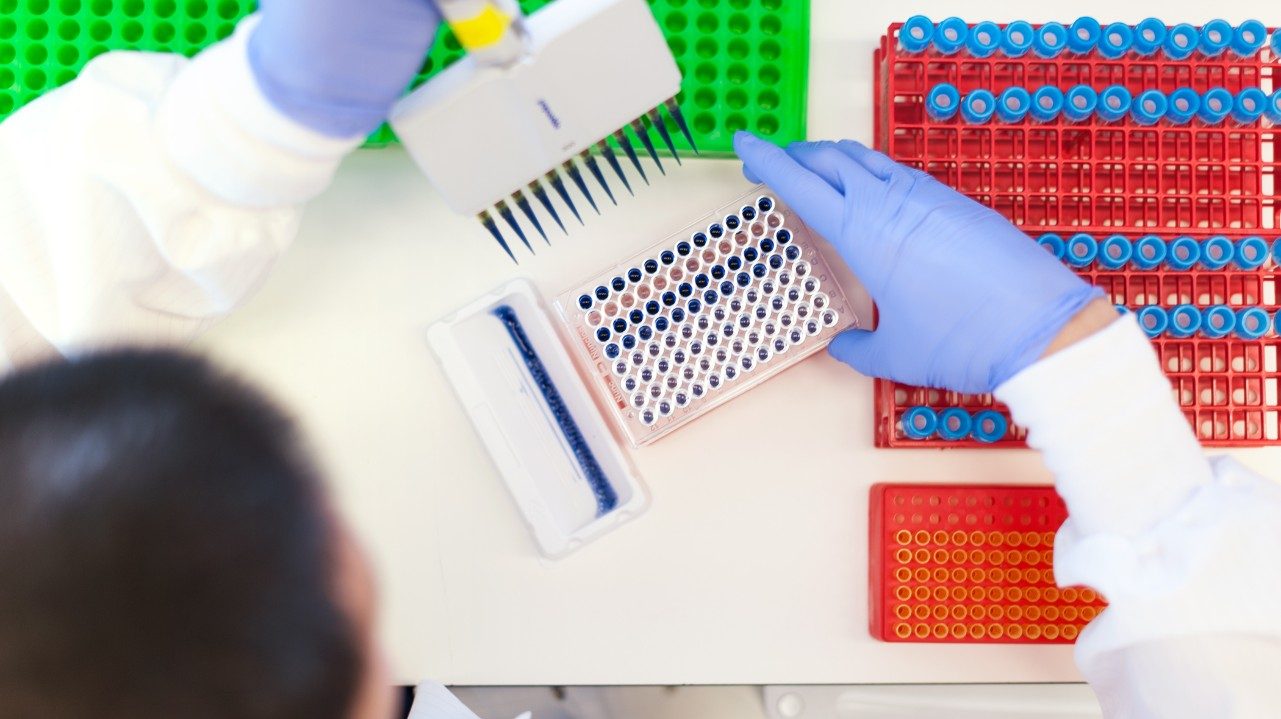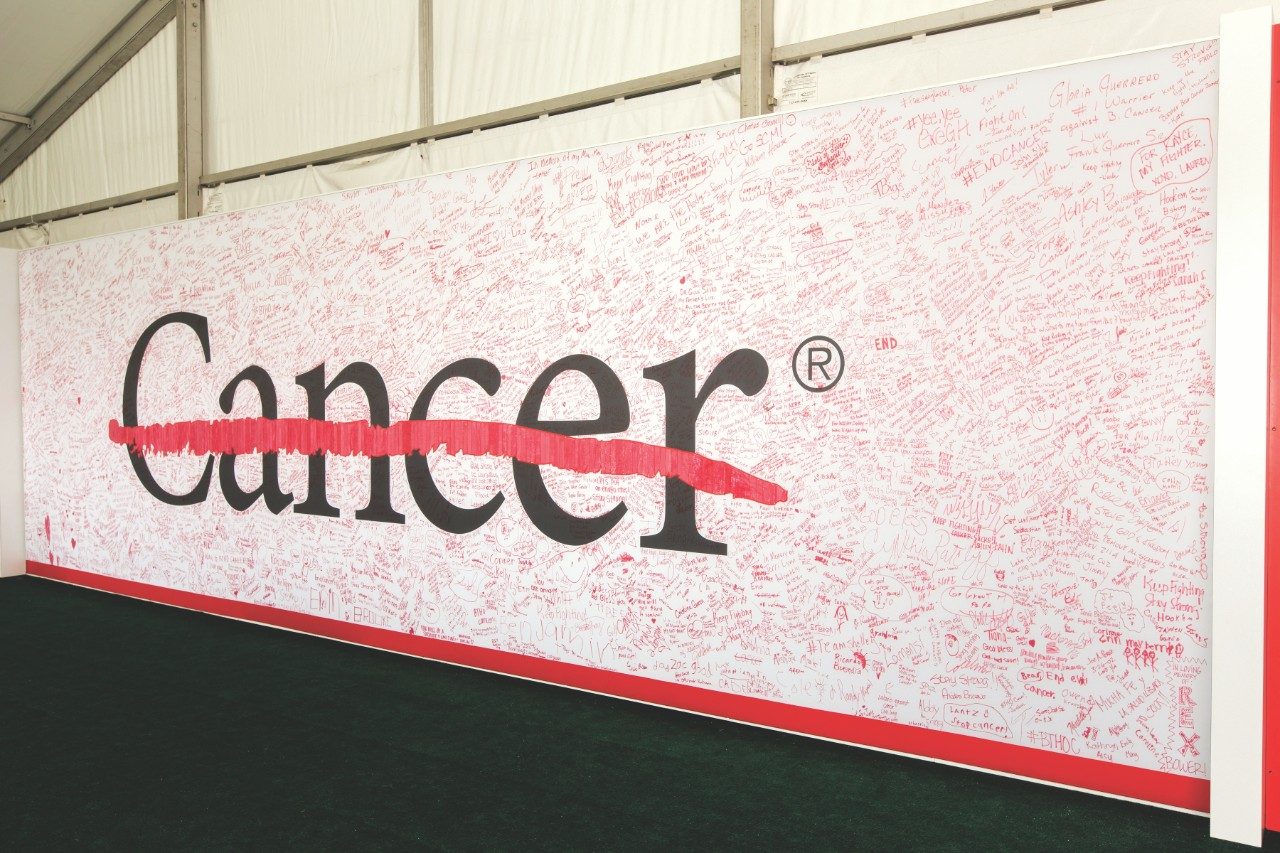Focus on MD Anderson's executive leadership
Hicks named president ad interim, Hahn becomes chief operating officer
In March, The University of Texas System Chancellor Bill McRaven appointed Marshall Hicks, M.D., as president ad interim of MD Anderson following the resignation of Ronald DePinho, M.D. Hicks has served as division head of Diagnostic Imaging since 2010. A member of MD Anderson's faculty for almost 20 years, he is one of the institution's senior and most experienced leaders.
Hicks is the author of more than 100 scientific publications and is former president of the Society of Interventional Radiology. Specializing in interventional radiology, he has been a collaborator in many clinical research studies of lung, liver, colon and head and neck cancers.
"I'm honored to serve as interim president," says Hicks. "This extraordinary institution holds a special place in the hearts of its patients and their families, our outstanding faculty and trainees, our dedicated staff, the Houston community and people across the world."
Joseph Steele, M.D., professor, Diagnostic Radiology and Interventional Radiology, is division head ad interim of Diagnostic Imaging until Hicks returns to his former position.
A search advisory committee will conduct a national search for a permanent president, aiming to recommend top candidates to the UT System Board of Regents by September 2017.
Deputy president, chief operating officer
In February, Stephen Hahn, M.D., former division head, department chair and professor of Radiation Oncology, was named deputy president and chief operating officer. He is responsible for managing day-to-day business, clinical and faculty matters.
"Since joining MD Anderson more than two years ago, I've had the pleasure of serving alongside our outstanding faculty," says Hahn. "I look forward to working with the MD Anderson community to serve our patients."
An internationally recognized leader in radiation oncology, Hahn joined MD Anderson from the University of Pennsylvania's Perelman School of Medicine, where he was chair of Radiation Oncology from 2005 to 2014.
He is an active clinician with expertise in lung cancer and sarcoma. His research focuses on the molecular causes of the tumor microenvironment, particularly the study of chemical signals that go awry and the evaluation of proton therapy to improve efficiency of radiation therapy.
